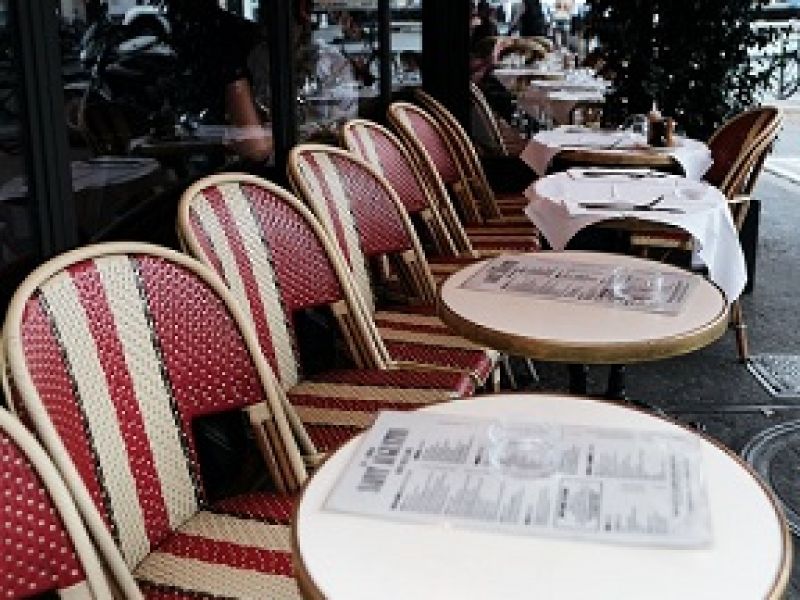If you’re a foreign entrepreneur who wants to rent a property in France in order to live and work in the country, or if you’re a property investor who wants to start a property portfolio of rentals in France, you’ll need to be aware of the various rules and regulations.
France being France, it wouldn’t be in keeping with the country’s traditional bureaucratic reputation not to have a certain about of red tape, but all is not lost if you know a little about how the system works.
Whether you’re planning a move to France for a short-term stay to scope out the opportunities, or you’re looking for a longer lease to settle into French life on a more permanent basis, renting an apartment will be your first port of call.
There are lots of rental properties available, especially in the big cities such as Paris, Lille, Lyon or Nice, but as rental laws favour the tenant and not the landlord, landlords can sometimes be a little picky about choosing tenants. As foreign tenants are more of an unknown quantity for them, they can sometimes plump for the more risk-averse choice of a French citizen.
Related article: Start A Business In France in 8 Steps
However, there are various well established property agencies in France that are specifically set up to help people from abroad rent a property in France with short or longer term rentals. Property agencies are useful as it means systems are set up to check details and all the toing and froing with landlords is negotiated by them. (One such agency is Lodgis which one of our UK employees used when first coming to Paris but there are various rental agencies around France, some of which are listed on the ‘English Spoken’ website or the Angloinfo website which are great resources for expats and expat entrepreneurs.)
If you’re a property entrepreneur and have a property that you own and wish to rent out, you can also use these agents. Landlords can use their website listings pages to advertise properties and agents take a cut of the rental fees.
One important thing you do need to know as a landlord - tenants can cancel a furnished rental lease with 30-days’ notice, but if you’re the landlord who wants to end the lease you must provide three months’ notice to the tenant. With an unfurnished property, the tenant needs to give three-months’ notice (except in Paris, where it’s only one month), but the landlord must give at least six months’ notice to the tenant. And you can’t evict tenants during the winter (November 1st to March 15th) as that’s against the law.
Related article: How to pay tax in France for expats and entrepreneurs
Tenants also need to make sure they provide landlords or agents with an extra piece of security - a guarantor (called a garant in French). A guarantor is someone who contractually agrees to pay the rent on your behalf should you be unable to do so. Finding a suitable guarantor and making sure you can prove they are able to pay by providing proof of their employment and/or financial resources is best done before your property search starts. Finding a guarantor who actually lives in France can also make the process easier but using someone within the EU is normally acceptable. Otherwise, there are a couple of guarantor websites including Unkle or Garantme who provide guarantor insurance for both tenants and landlords.
The kind of documentation landlords need to receive from their tenants to secure a lease include:
- Proof of identity
- Proof of earnings and employment status which can include work contract, tax statements from the year before or last three payslips
- Proof of sufficient financial resources
- Proof of current address
- Copy of a RIB which are French bank account details (some landlords may ask for a larger deposit if you have not set up a French bank account)
Some landlords provide all the utilities such as telephones, internet, gas and electricity in their own name and charge a fixed rate to a tenant, otherwise tenants will need to have everything transferred into their name and get a contract with all the utilities companies. Warning – this can sometimes take up to two weeks so factor that time into your moving plans to make sure you’re up and running when you arrive. And there is normally a fee to turn on your utilities too so budget for extra and be sure to ask what those fees are so you don’t get a nasty surprise.
Related article: How To Start a Holiday Cottage or Gîte Business in France
For landlords, there is a national organisation to advise landlords called ANIL (Agence National pour l'Information sur le Logement) which contains all the legal matters related to tenancy contracts but make sure you have a fluent French speaker to help you translate everything as the documents are all in French.
For both tenants and landlords, there is a wealth of information on the French Property website which can take you through all the stages from choosing a rental property to dealing with rental disputes. Or if you want to set up a company in France dealing in properties, you can download the free guides below that give you all the details on how to start your business, open bank accounts, get tax and VAT advice and legal tips.







